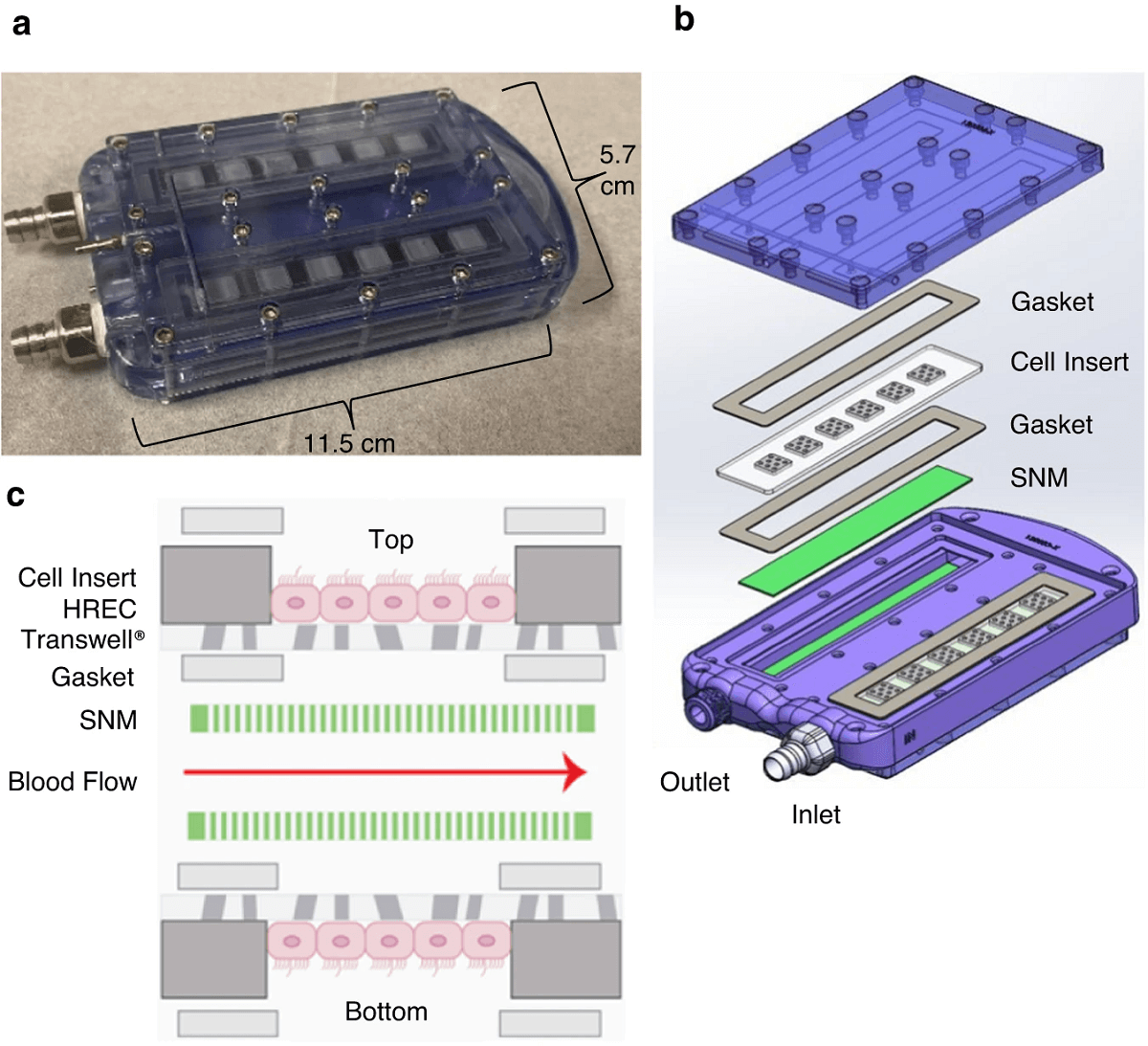SAN FRANCISCO — A groundbreaking artificial kidney that could liberate patients from the need for dialysis is one step closer to becoming a reality. Scientists have developed an implantable bioreactor that replicates kidney functions. Tested successfully in pigs, the device did not provoke an immune system response, overcoming a significant hurdle typically faced in organ transplants.
The innovation has the potential to replace not only the need for dialysis — a procedure that significantly compromises patients’ quality of life — but also the need for harsh immunosuppressive drugs often required after a kidney transplant.
In the United States, an estimated 37 million people suffer from chronic kidney disease, although dialysis and transplantation are only necessary in its advanced stages. For the first time, researchers at the University of California-San Francisco (UCSF) have managed to encase kidney cells in an implantable device known as a bioreactor. These cells operate quietly in the background, much like a pacemaker for the heart, without triggering an immune system reaction.

“We are focused on safely replicating the key functions of a kidney,” says Dr. Shuvo Roy, a bioengineering professor at UCSF’s School of Pharmacy, in a university release. “The bioartificial kidney will make treatment for kidney disease more effective and also much more tolerable and comfortable.”
The study authors aim to develop a device that can be scaled up for human use to improve upon existing dialysis techniques. The team engineered the bioreactor to connect directly to the recipient’s blood vessels and veins, allowing the passage of nutrients and oxygen in a manner similar to a transplanted kidney. Silicon membranes within the bioreactor protect the kidney cells from being attacked by the recipient’s immune system.
Using proximal tubule cells, which regulate water, as a test case, the researchers monitored both the implanted kidney cells and the recipient animals for seven days post-transplantation and found both to be doing well.
“We needed to prove that a functional bioreactor will not require immunosuppressant drugs, and we did,” adds Dr. Roy. “We had no complications and can now iterate up, reaching for the whole panel of kidney functions at the human scale.”
The findings are an important step forward for The Kidney Project, which is jointly headed by Dr. Roy and Vanderbilt University Medical Center’s William H. Fissell, MD.
The study is published in the journal Nature Communications.
South West News Service writer Jim Leffman contributed to this report.


Once again, free market technology make Marxism look bad